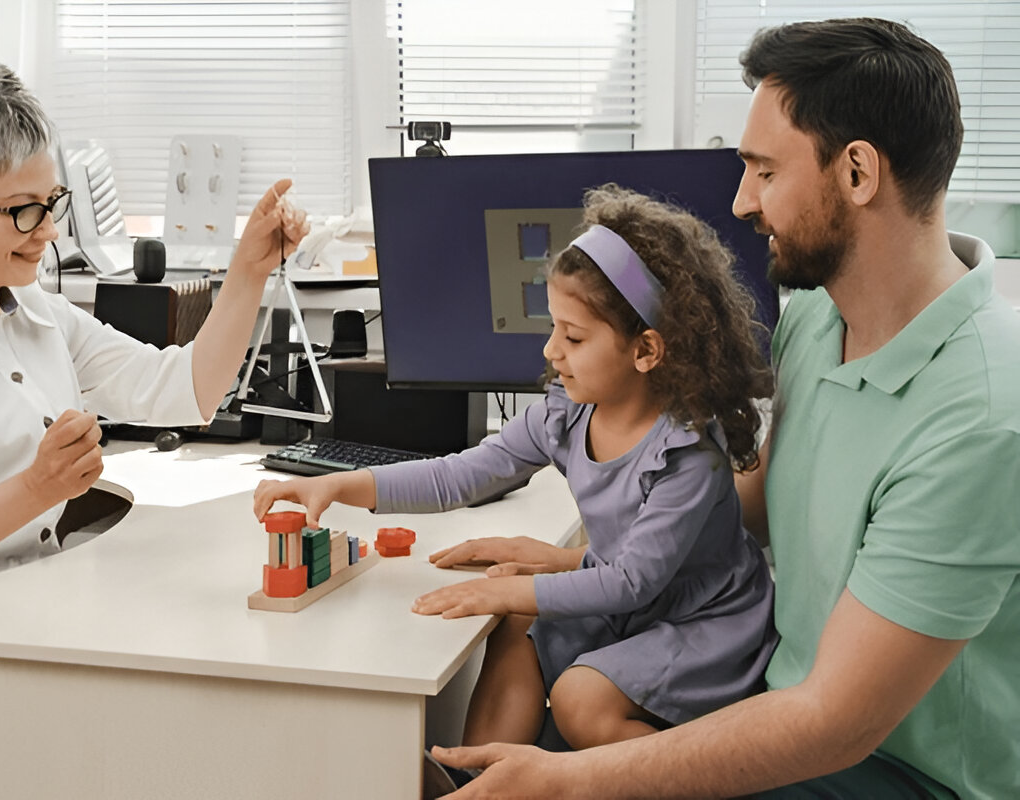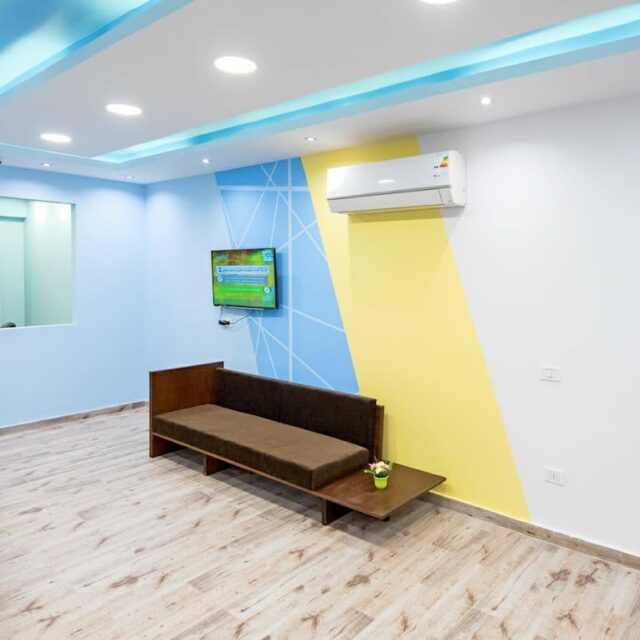Our Program Addresses
Growth Hurdles
- Trouble focusing.
- Social struggles.
- Learning difficulties.
- Feeling isolated.
Life Transitions
- Postpartum struggles.
- Eating problems.
- Life changes.
- Grieving loss.
Cognitive Problems
- Forgetfulness.
- Confusion.
- Disorientation.
- Daily task issues.
Restoring Harmony and Fulfillment
Guiding You Through Specialized Challenges
Step 1Detailed Assessments
Step 2Customized Therapies
Step 3 Skill Building
Step 4 Family Support
Step 5Life-Enrichment Activities
Tailored Care for Unique
Journeys

Home Visits

Individual Therapy

Skills Workshops

Individual Therapy

Behavioral therapy

Community Outreach Events

Immediate and Expert Mental Health Care




Safe and Comfortable Admission Facilities
Personalized Support for Your Journey
The program offers cognitive exercises, memory support activities, and caregiver education to improve the quality of life for dementia patients.
The program addresses body image issues, emotional triggers, and relationship with food through therapy and nutritional counseling.
It supports individuals through significant life changes, such as grief, aging, or adjusting to a new diagnosis, providing emotional and practical tools.
Early signs include difficulty with social interactions, delayed speech, repetitive behaviors, and sensitivity to sensory input.
Dementia involves significant memory loss, confusion, and changes in behavior, which interfere with daily life—far beyond the normal aging process.
ADHD is diagnosed through comprehensive assessments, including behavioral observations, medical history, and standardized questionnaires. Symptoms often include inattention, impulsivity, and hyperactivity.













